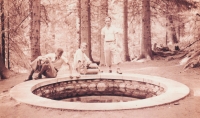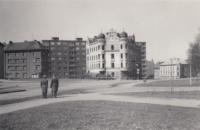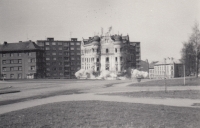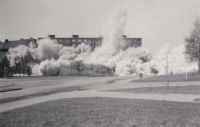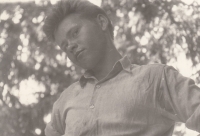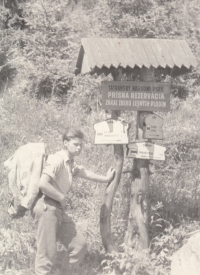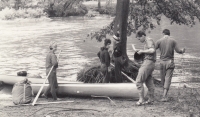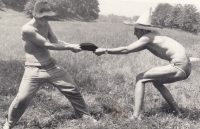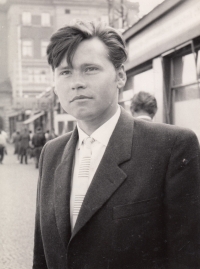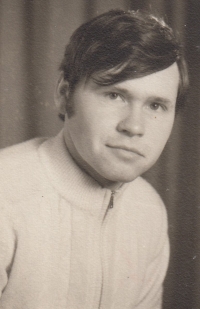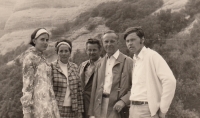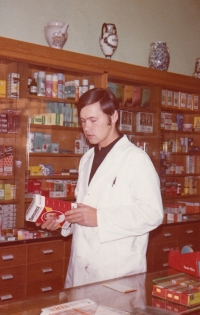They didn’t have to go to Germany after the war, they fled there themselves in 1968.
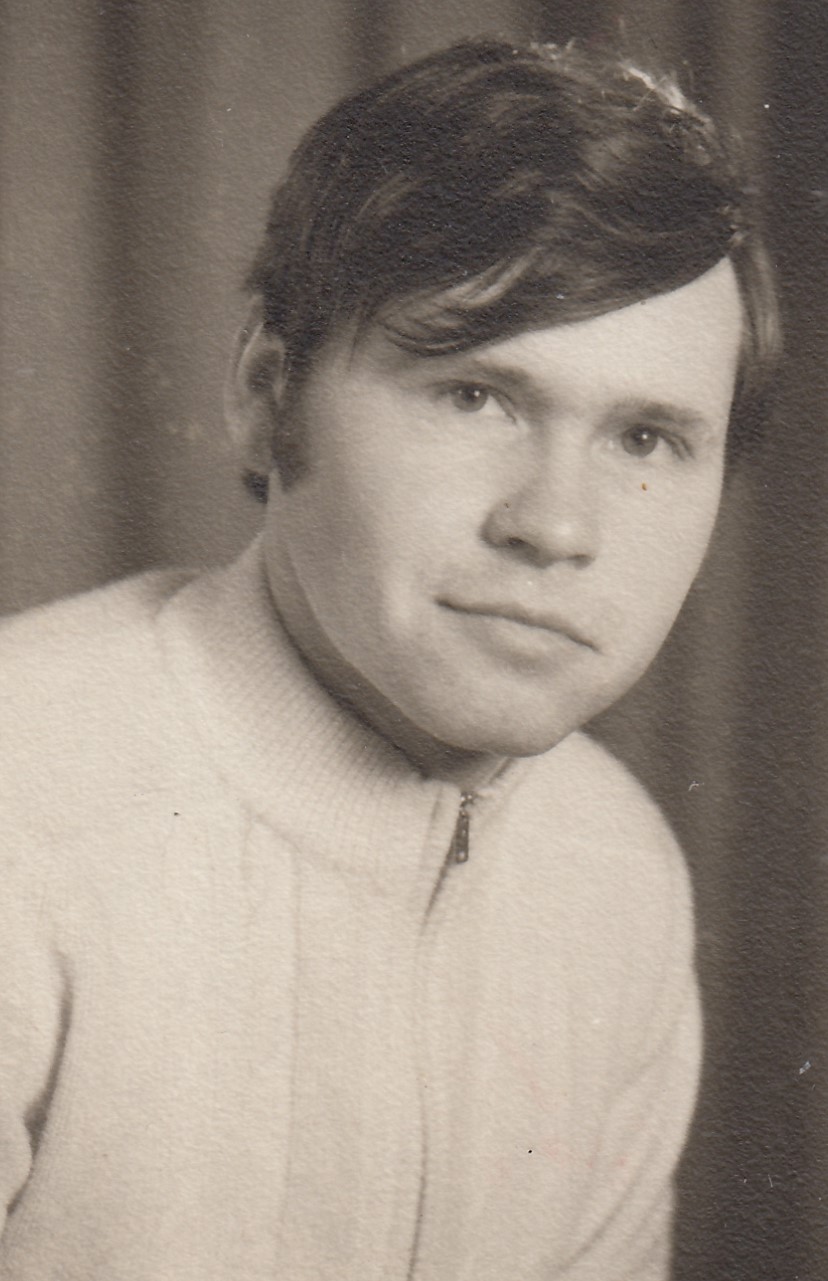
Download image
Milan Prokop was born on 22 February 1945 in Thal into a mixed marriage, his mother was German, his father worked there as a totalitarian. After the war the family went to live in the Sudeten borderlands, his father found work in Cheb as a pharmacist. They lived in the villa of factory owner Schmerel, where Germans being expelled stored their belongings, which they later retrieved with the help of smugglers. Starting in 1956, the Prokop family was allowed to visit their maternal grandparents in East Germany (GDR), and during these visits, they smuggled scarce goods between the two countries. Both the witness and his sister experienced bullying as children due to their partially German heritage. Milan Prokop later enrolled in veterinary studies in Košice, but did not finish school. In August 1968, the family went to visit relatives in the East Germany, but due to the invasion of the Warsaw Pact troops, they decided to stay there. The sister stayed in Czechoslovakia during the invasion, and was able to visit the rest of the family thanks to a visa. The Prokops settled in the Schwarzwald, where their father opened a private pharmacy. In time, he also received a pharmaceutical education and took over his father’s pharmacy. He stayed permanently in Germany, started a family there, and in 2023 lived in Lahr/Schwarzwald. The memories of the witness were filmed and processed thanks to the financial support of the town of Cheb.
